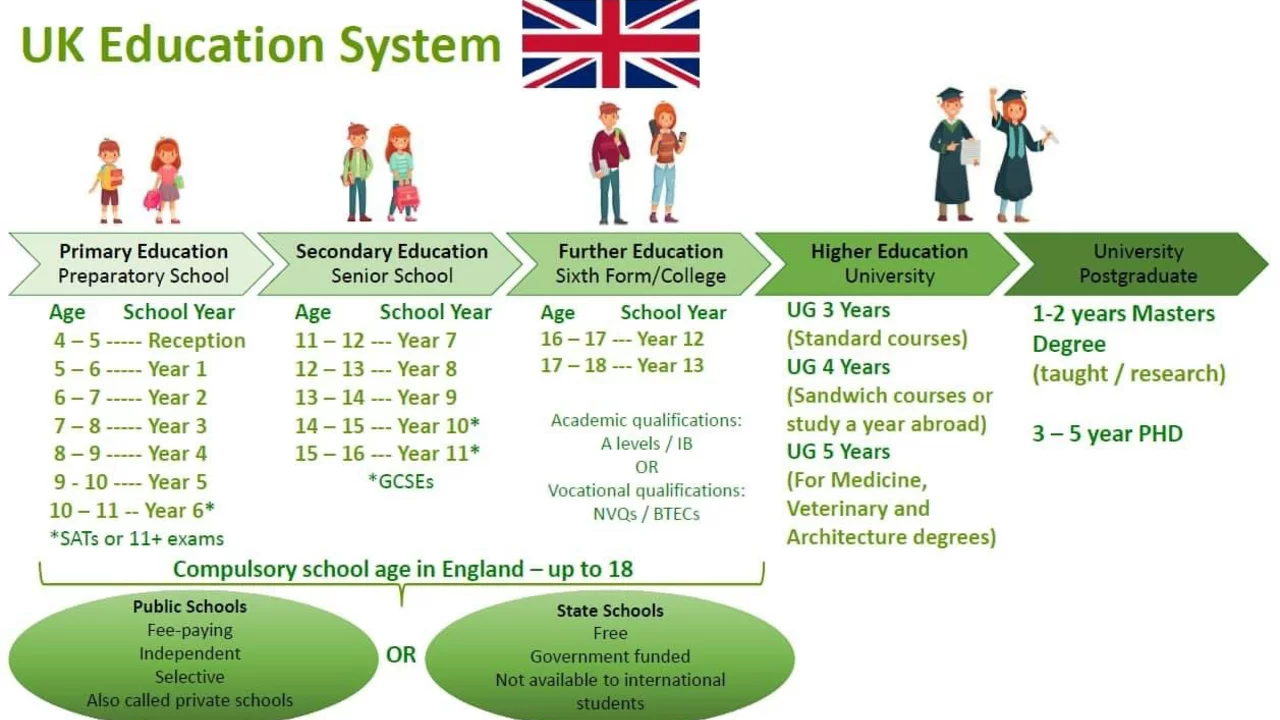Education Law: What Every Student, Parent, and Teacher Needs to Know
Ever wondered why schools have rules that sometimes feel like they belong in a courtroom? That's because education is ruled by law just like any other part of life. From the moment a kid walks into a classroom, a whole set of legal guidelines shapes what can happen, how teachers are hired, and what rights students have. In this guide we’ll break down the main points you should keep in mind, without the legal jargon.
Key Areas of Education Law
First up, student rights. Every learner has a right to a safe environment, non‑discriminatory treatment, and access to the curriculum. If a school fails to protect a student from bullying or refuses reasonable accommodations for a disability, the law steps in. This is where statutes like the Individuals with Disabilities Education Act (IDEA) or Section 504 of the Rehabilitation Act come into play, ensuring special education programs are available and properly funded.
Second, school policies and accreditation. Schools must follow state licensing rules, maintain teacher‑to‑student ratios, and meet health standards. If a private college advertises a program that doesn't exist, that's a breach of consumer protection law. Public schools also have to follow open‑records rules, meaning parents can request certain documents about a child’s performance or disciplinary actions.
Third, teacher licensing and employment. Teachers need a valid teaching certificate, background checks, and ongoing professional development. If a teacher is dismissed without due process, they can claim wrongful termination under employment law. On the flip side, schools can enforce codes of conduct that prohibit harassment or conflicts of interest.
Lastly, education financing. Student loans, scholarships, and financial aid come with their own legal framework. Federal loan agreements outline repayment terms, interest rates, and forgiveness options. Knowing these rules can save you from surprise bills and help you negotiate better terms if you’re struggling to pay back.
How to Stay Protected and Compliant
For students and parents, the first step is to read any notice that the school sends—whether it’s about discipline, special services, or fee changes. Most schools are required to give clear explanations, and you have the right to ask questions. If something feels off, you can contact the school’s ombudsperson or your state’s department of education.
Teachers should keep a copy of their contract, certification, and any professional development records. When a new rule arrives, take a few minutes to understand how it affects your class. If you’re unsure, ask a senior colleague or the school’s legal advisor; it’s better to clarify than to risk a violation.
Institutions need a compliance officer or at least a designated staff member to monitor changes in state and federal law. Regular audits of policies, record‑keeping, and training sessions keep the school on the right side of the law. Simple checklists—like confirming every student’s emergency contact info is up to date—can prevent bigger legal headaches later.
Remember, education law isn’t meant to be a roadblock. It exists to protect learners, ensure fairness, and keep schools accountable. By knowing the basics—your rights, the school’s duties, and the financing rules—you can focus on what really matters: learning and teaching.

How to legally start a continuing education program?
Starting a continuing education program legally requires several steps. First, you need to create a detailed business plan outlining your program's goals, target audience, and funding sources. Then, it's crucial to determine your state's specific requirements for licensing and accreditation. Once you've met these requirements, you can apply for the necessary permits and licenses. Remember, staying compliant with all regulations and standards will ensure the longevity of your program.
more
